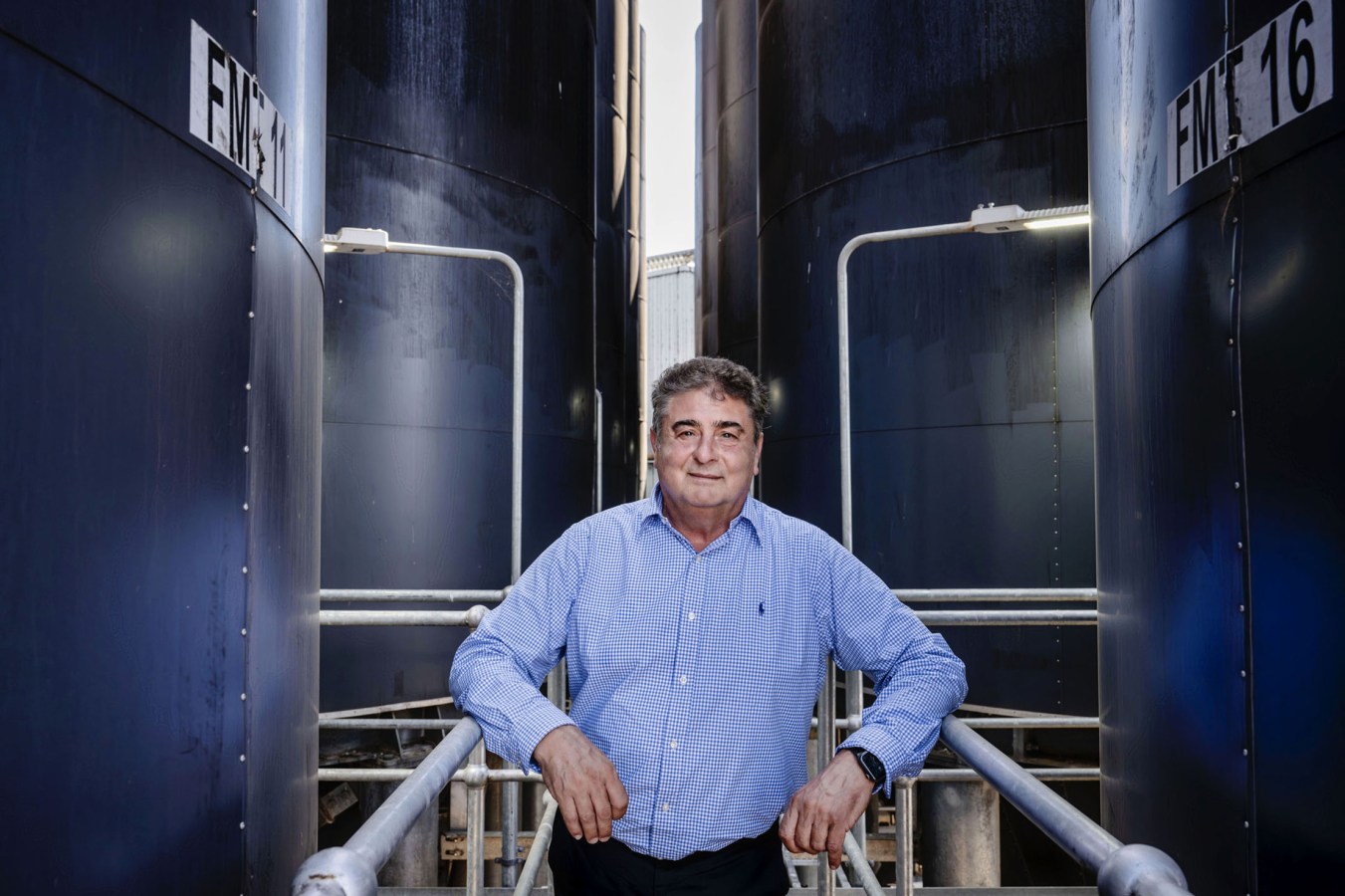Meta is in talks to acquire South Korean AI chip startup FuriosaAI, according to people familiar with the matter, a deal that could boost the social media giant’s custom chip efforts amid a shortage of Nvidia chips and a growing demand for alternatives.

Meta logo in Menlo Park, California.
Justin Sullivan/Getty Images
The deal could be completed as early as this month, one of the people said. Mark Zuckerberg’s company is one of several companies in talks to acquire FuriosaAI, said another person familiar with the matter. A FuriosaAI spokesperson declined to comment on the “speculation,” citing policy. Meta did not immediately respond to a request for comment.
The Seoul-based startup last raised funds just last week, when it received 2 billion won (about $1.4 million) from CRIT Ventures, a South Korea venture capital firm founded by Jaejoon Song, former CEO of online gaming company Com2us. A valuation for the company was not disclosed.
In total, FuriosaAI has raised about 170 billion won (about $115 million) in venture funding. Its early investors include South Korean internet giant Naver and Seoul-based DSC Investment.
FuriosaAI was founded in 2017 and is led by June Paik, who previously worked at Samsung Electronics and AMD. As of the most recent public filing, Paik owned an 18.4% stake in FuriosaAI.
In August, FuriosaAI unveiled its RNGD chip, which was developed in partnership with Taiwanese custom chip maker Global Unichip Corp. “While cutting edge GPUs consume up to 1,200 watts, RNGD (pronounced “Renegade”) is designed to operate with a thermal design power (TDP) of just 150 watts,” FuriosaAI said in a blog post about RNGD. “This makes RNGD an ideal choice for large-scale deployment of advanced generative AI models like Llama 2 and Llama 3.” Llama 2 and Llama 3 are Meta’s publicly available large language models.
FuriosaAI claims its RNGD chip has three times better performance per watt than Nvidia’s H100 GPUs.
RNGD is an AI chip dedicated to inference—the process of running AI models—and is equipped with HBM3 chips from SK Hynix. HBM3 chips are a type of high-performance memory crucial for AI computing.
FuriosaAI claims its RNGD chip has three times better performance per watt than Nvidia’s H100 graphic processing units, first launched in late 2022, when running advanced large language models.
RNGD is planned to enter mass production in the second half of this year. LG’s AI research lab and Saudi Arabian Oil Co. have expressed interest in using RNGD. In September, the oil giant signed a memorandum of understanding with FuriosaAI and Cerebras Systems, a Sam Altman-backed AI chip maker, to “explore collaboration in the supercomputing and AI domains.”
According to FuriosaAI’s latest financial results, the company reported that revenue in 2023 rose more than 10 times to 3.6 billion won, while losses narrowed to 63.7 billion won from 51.2 billion won.
The potential acquisition comes as Meta and other hyperscalers such as Google Cloud and Amazon Web Services have been developing their own custom chips. On Monday, Reuters reported that OpenAI is finalizing the design for its first custom chips in the next few months.
It also comes just months after FuriosaAI’s larger domestic rival, Rebellions, completed its merger with SK Hynix-backed Sapeon. The combined company, which operates under the Rebellions name, is South Korea’s first AI chip unicorn and is led by CEO Sunghyun Park, who earned a Ph.D. in electrical engineering and computer science from MIT and has previously worked at SpaceX, Intel and Samsung.
Before the merger, Rebellions had raised at least $225 million from investors, making it the best-funded AI chip startup in South Korea. Rebellions’ investors include Saudi Aramco’s venture arm Wa’ed Ventures, Kakao Ventures, South Korean telecom operator KT, Temasek’s Pavilion Capital and Korelya Capital, founded and led by former French digital economy minister Fleur Pellerin.
Other AI-related startups in the semiconductor hub of South Korea include foundation model builder Trillion Labs and Linq, which helps hedge funds speed up equity research tasks.
Look back on the week that was with hand-picked articles from Australia and around the world. Sign up to the Forbes Australia newsletter here or become a member here.


